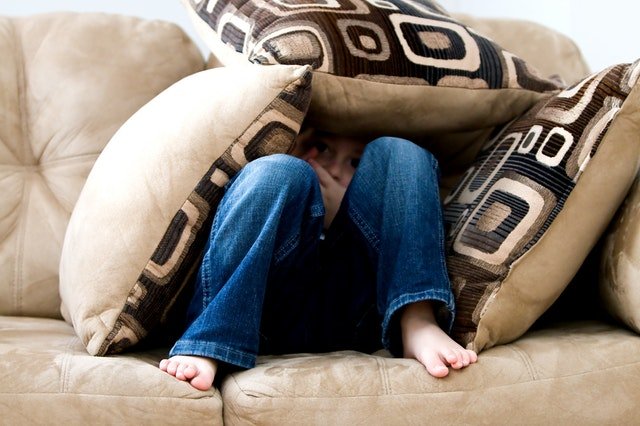For many parents, bullying brings up memories of the schoolyard. You may have memories of yourself or a friend being bullied in the classroom or on the school bus.
But today, social media has created a whole new realm for bullying, expanding the problem and making it easier for children to be harassed.
If you’re concerned that your child may be being bullied, look for these signs.
Difficulty Sleeping
Difficulty falling or staying asleep, or tiredness in the morning could be a sign of bullying or depression. Your child may be too anxious to fall or stay asleep; they may be crying themselves to sleep or having nightmares. Wetting the bed is another sign of fear or anxiety in a child.
Unexplained Injuries
Does your child come home from school with bruises, scrapes, cuts or torn clothes? When you ask your child about the injury or ruined clothing, do they appear nervous or avoid answering your questions? Attempt to assess if these are normal injuries as a result of play, or a sign of playground bullying. Ask them open-ended questions such as, “What happened at recess today?”
Avoids Social Situations
If you notice your child has lost friends or has developed a reluctance to spend time with them, this may be a sign of bullying. You may also notice your child is afraid to ride the bus or avoids school entirely by skipping classes or feigning an illness. They may go to the school nurse with a mystery ache to get you to pick them up early from school. If you’re beginning to notice a pattern, try talking to them about it. “I’m starting to notice you’re feeling sick a lot lately. Is everything okay at school?”
Changes in Eating Habits
If you notice your child’s eating habits are changing, such as skipping meals or binge eating, this can be a sign that something’s wrong. If your child comes home from school very hungry, it could be because they didn’t eat lunch. They could be too nervous during lunch time to eat, getting their lunch or lunch money stolen, or possibly avoiding the cafeteria entirely because of bullying or harassment.
Changes in Social Media Habits
When a child is being bullied online, they may start spending too much time on their devices or avoiding them entirely. Monitor their social media sites by friending or following, and if you suspect bullying, check their phone for harassing messages. You may also want to look into parental control and monitoring apps.
If you believe your child is being bullied at school, contact their teacher, the school principal or the school counselor or psychologist. You can also visit StopBullying.gov for more help and resources. If you or your child need professional help to deal with a bullying situation, please call our office today so we can schedule an appointment.

How to Boost Your Self-Esteem
What does it mean to have a healthy self-esteem? Some people think it means you are okay with how you look. Other people think you must accomplish something big in your life to have a good self-esteem. But the reality is, having a healthy self-esteem means you like...
Why You Should Care What TV Your Kids Watch
Back when many of us were growing up, our parents would yell at us to shut the TV off and go outside and play. Parents of generations past knew that fresh air and sunshine were ultimately healthier than watching the “boob tube.” And back then the boob tube was far...
Do You Know the Signs of Someone Who is Suicidal?
According to the American Foundation of Suicide Prevention, over 47,000 people died by suicide in the United States in 2017. In the same year, there were an estimated 1,400,000 suicide attempts. Knowing the signs of suicide is the primary step in preventing someone...
Quick! Get Your "Top Tips For Getting the Most Out of Counseling" Cheatsheet!
Like some of what you've seen and want to see more? Sign up for our Mailing List for a free cheat sheet on making the most out of counseling. Our list members also gain access to exclusive specials and announcements, as well as the latest from our Counseling Blog!




